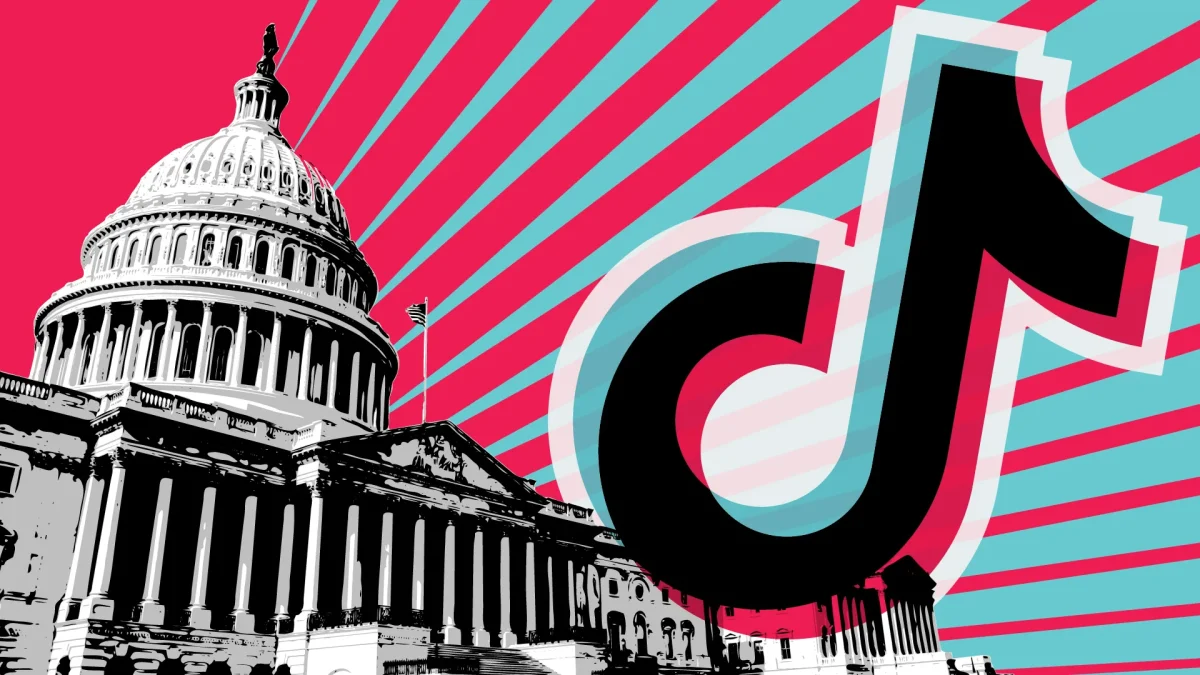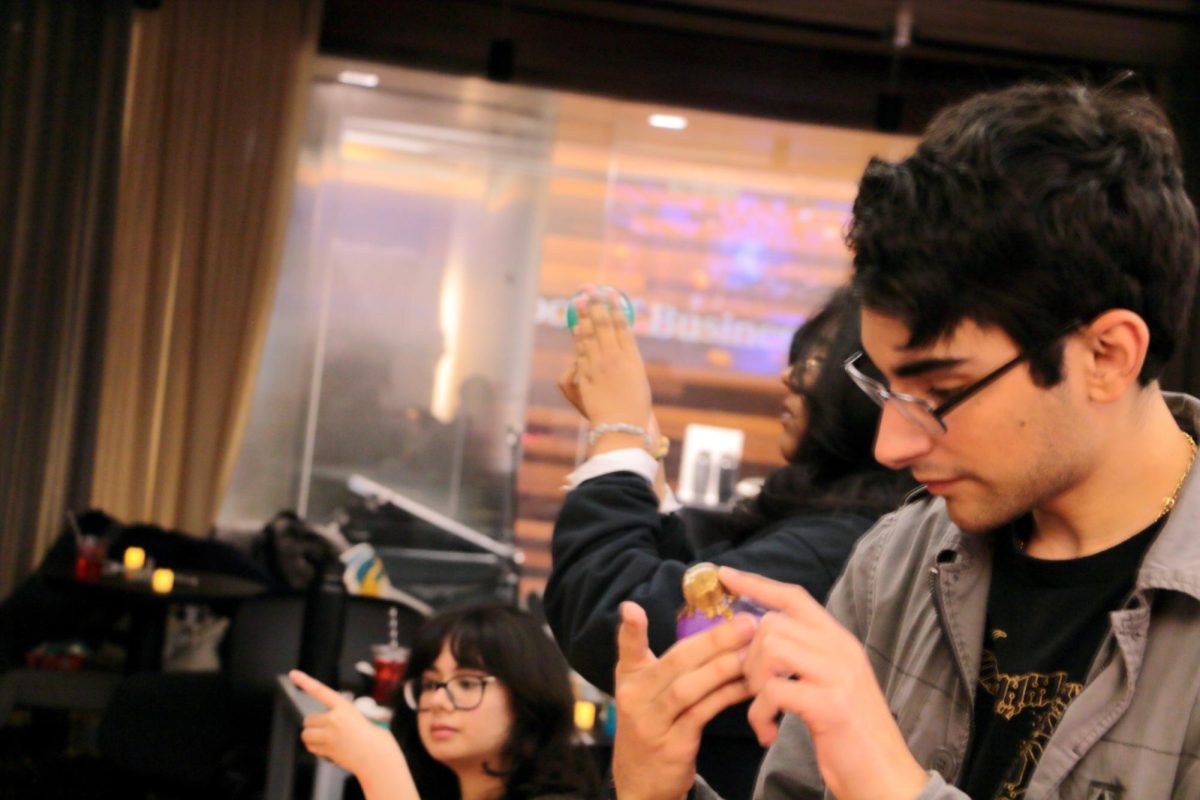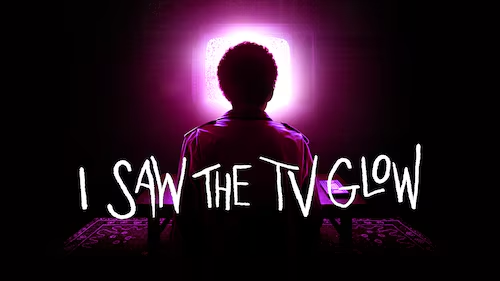As debates over national security and data privacy heat up, the possibility of a TikTok ban in 2025 looms large. Lawmakers and citizens alike are divided over whether banning the app is a necessary step to protect sensitive information or an overreach that stifles free expression. The decision could have widespread implications for users, creators, and businesses that rely on the platform.
“This is about more than just banning an app,” freshman Farah Al-Hasan said. “I understand the security concerns, but banning TikTok feels like a slippery slope. What’s stopping the government from targeting other apps next?”
While some government officials support the ban, others argue it’s an ineffective approach to a broader cybersecurity issue. Critics say targeting a single platform does little to address the larger issue of digital privacy and data management.
“Honestly, I think a ban could be good,” sophomore Teuta Sinishtaj said. “People spend way too much time on TikTok, and it’s kind of scary how addictive it is. Maybe this would force us to find better ways to spend our time.”
Businesses that rely on TikTok for marketing are also bracing for potential fallout. The app’s algorithm, which provides hyper-specific targeting, has been a game-changer for small businesses. Without it, many entrepreneurs fear losing a cost-effective way to reach their audiences.
“If TikTok is a risk to national security, then sure, take action,” Al-Hasan said. “But it’s not just about TikTok, what are we doing to address privacy issues across the board? I spend hours on TikTok, and I’ve learned a lot from it. If it’s banned, I’d miss the community and creativity, but I guess it would push me to focus more on other things.”
On the other hand, some see the potential ban as an opportunity to reflect on the role social media plays in our lives. Critics of the app argue that a ban could encourage users to step back from screen time and explore other forms of connection.
“This could be a blessing in disguise,” Sinishtaj said. “So many people are glued to their phones, and TikTok is a big part of that. Maybe this is the push we need to reevaluate how we use technology.”
As the debate unfolds, the future of TikTok remains uncertain. Whether it’s banned or allowed to continue operating under stricter regulations, the decision will undoubtedly set a precedent for how governments handle tech companies moving forward.
“I get why people are worried about data privacy,” Al-Hasan said. “But TikTok is such a huge part of culture now. It feels like we’re losing more than just an app, it’s a whole community.”
The potential TikTok ban has sparked a wide range of emotions and debates among students, creators, and businesses. While some see it as a necessary step for protecting national security, others view it as an overreach that could disrupt lives and stifle creativity. Whether the ban becomes reality or not, it serves as a wake-up call to address broader issues of data privacy and digital well-being, prompting society to consider how we interact with technology and the impact it has on our lives.






